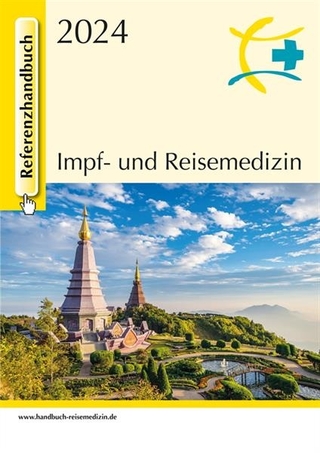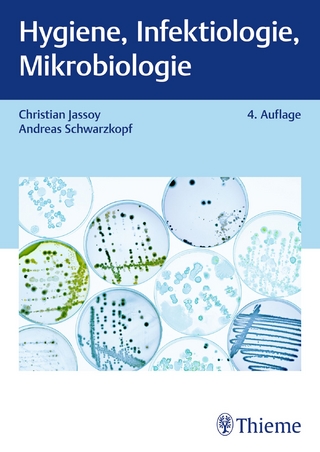
Genetic Engineering of Osmoregulation
Springer-Verlag New York Inc.
978-1-4684-3727-0 (ISBN)
The plant world represents a vast renewable resource for production of food, chemicals and energy. The utilization of this resource is frequently limited by moisture, temperature or salt stress. The emphasis of this volume is on the molecular basis of osmoregulation, adaptation to salt and water stress and applica tions for plant improvement. A unified concept of drought, salt, thermal and other forms of stress is proposed and discussed in the publication. The volume developed from a symposium entitled "Genetic Engi neering of Osmoregulation: Impact on Plant Productivity for Food, Chemicals and Energy," organized by D. W. Rains and R. C. Valentine in cooperation with Brookhaven National Laboratory and directed by D. W. Rains and A. Hollaender. The program was supported by a grant from the National Science Founda~ion, Division of Problem Focused Research, Problem Analysis Group, and the Department of Energy. This symposium is one of several in the past and pending which deal with potential applications of genetic engineering in agri culture. Since the question was raised several times during the meeting it is perhaps a convenient time to attempt to define gene tic engineering in the context of the meeting. • Genetic engineering of osmoregulation is simply the application of the science of genetics toward osmo tically tolerant microbes and plants. • Recombinant DNA is regarded as just another tool along with conventional genetics to be utilized for improvement of microbes and plants.
Biological Strategies for Osmoregulation.- Response of Plants to Saline Environments (Plenary Lecture).- Agrobacterium Ti Plasmids as a Tool for Genetic Engineering in Plants (Recent Advances in Genetic Engineering).- Section I — Osmoregulation in Prokaryotic Microorganisms.- The Role of L-Proline in Response to Osmotic Stress in Salmonella typhimurium: Selection of Mutants with Increased Osmotolerance as Strains Which Over Produce L-Proline.- Effect of Electrolytes on Growth of Mutant Bacteria.- ?-Galactosidase from Osmotic Remedial Lactose Utilization Mutants of E. coli.- Section II — Osmoregulation in Eukaryotic Organisms.- Osmoregulation in Yeast.- Osmoregulation in the Halophytic Algae Dunaliella and Asteromonas.- Ions and Osmoregulation.- Panel Discussion.- Molecular Biology of Osmoregulation.- Section III — Osmoregulatory Mechanisms in Plants.- The Role of Organic Solutes in Osmoregulation in Halophytic Higher Plants.- An Assessment of Quaternary Ammonium and Related Compounds as Osmotic Effectors in Crop Plants.- Integration of Photosynthetic Carbon Metabolism During Stress.- Energy Cost of Ion Transport.- Section IV — Mechanisms of Drought and Cold Tolerance in Plants.- Osmoregulation in Plants During Drought.- Membrane Dynamics: Effects of Environmental Stress.- A Unified Concept of Stress in Plants?.- Panel Discussion.- Osmoregulation in Higher Plants.- Section V — Applications for Plant Improvement.- Selection of Salt-Tolerant Plants Using Tissue Culture.- Breeding Salt-Tolerant Crop Plants.- Genetic Methods to Breed Salt Tolerance in Plants.- Section VI — NSF — Cornell Workshop.- Genetic Engineering of Halotolerance in Microorganisms: A Summary.- Section VII — Discussion by National Research Agencies.- Introductory Statements.- TheBiosaline Concept: An Opportunity for Research and Development.- The IBR Concept and Plant Sciences.- Osmorequlation and Biological Energy Production.- Research Programs of the U. S. Salinity Laboratory.- Poster Session — Abstracts from Contributors.- List of Participants.
| Reihe/Serie | Basic Life Sciences ; 14 |
|---|---|
| Zusatzinfo | XIV, 383 p. |
| Verlagsort | New York, NY |
| Sprache | englisch |
| Maße | 178 x 254 mm |
| Themenwelt | Medizin / Pharmazie ► Medizinische Fachgebiete ► Mikrobiologie / Infektologie / Reisemedizin |
| Medizin / Pharmazie ► Studium | |
| Naturwissenschaften ► Biologie ► Botanik | |
| Naturwissenschaften ► Biologie ► Mikrobiologie / Immunologie | |
| ISBN-10 | 1-4684-3727-5 / 1468437275 |
| ISBN-13 | 978-1-4684-3727-0 / 9781468437270 |
| Zustand | Neuware |
| Haben Sie eine Frage zum Produkt? |
aus dem Bereich


